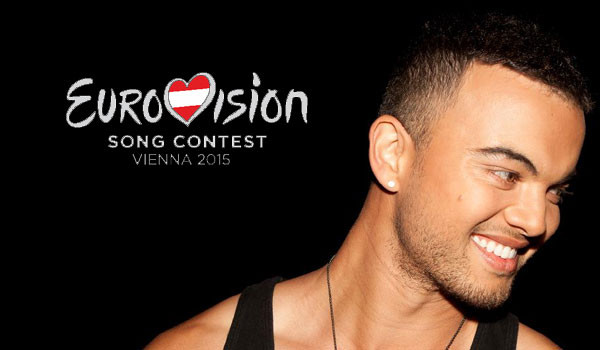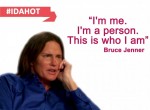Well, it’s never easy being a British fan of Eurovision. Years of derision and mockery from both the culture club and the general public have given many the impression that the competition is nothing more than a damp squib of political nonsense.
Britain has traditionally had a complex and disfigured relationship with Eurovision, and whilst it always looks a great idea on paper, do we really need to be going through the motions again? Yes, yes we should – and Eurovision enthusiast Jordan explains why:
“I’ve always had a fascination with Eurovision. What excites me most about this year’s competition is, just like Queen Elizabeth II did, it celebrates its Diamond Jubilee, with the very ‘non-European’ Australia joining the line up for the first time as a wildcard entry. They’re being rewarded for decades of fine Eurovision loyalty by being allowed to enter for one year only.”
Now cast your minds back 12 months to Eurovision 2014 in Copenhagen; step forward the beautiful Conchita Wurst who won the contest with her insightful ballard ‘Rise Like A Phoenix’. Conchita is a drag artist who shook media headlines with her win last year, and her triumph ensured that Eurovision’s 60th birthday would take place in the home of the Sound of Music.
“This years contest sees 40 countries taking part in what is promising to be one of the tightest and most interesting competitions in Eurovision history. With that in mind, in an age where reality TV rules and a person can go from being a builder one day to selling millions of records the next, how important is Eurovision to the music industry today? Is there a need for a European jamboree of song and dance that’s as old as my gran?
Yes there is, and here’s why. Eurovision is something that is worth preserving at all costs. It gives artists, old or new, a worldwide platform to showcase their talent for singing and song-writing. The music industry is notoriously difficult to crack.” – Jordan
The current phenomenon of reality TV shows such as American Idol and Britain’s Got Talent (and other copy-cat versions) all aim to discover the countries ‘next big thing’. Yet Eurovision takes that challenge one step further, by allowing performers to step on to a stage that takes them beyond the boundaries of their home turf.
That’s why Guy Sebastian, a former winner of Australian Idol, will be hoping that Eurovision will take him global. His song ‘Tonight Again’ is a modern R&B number, with echoes of Uptown Funk flowing through it and is already one of the bookies favourites to win:

That brings us nicely onto the UK’s entry, this year we’ve taken the somewhat unusual approach of picking a singer who failed to impress any of the four judges on The Voice, and partnering him with a teacher who is part of a Rolling Stones tribute band. Together they form Electro Velvet, who are now heading to Vienna with the 1920’s throwback tune ‘Still In Love With You’. Listen to it, and I’m sure you’ll agree they have more chance of coming home with sunburn than that dream first place accolade…
It’s quite clear to me why we haven’t done well in previous years; rather than blaming it on politics and bad feeling, think about the fact that our latest acts have included a 40-year-old wannabe rapper; a singing bin man and an overly flamboyant cabin crew – you’re going to be mocked.
“Gimmick’s simply don’t work; Loreen won in 2012 with her monster hit ‘Euphoria’ by standing alone on stage and singing a perfect, modern pop song. The Russian grannies didn’t do too well in 2007 and I don’t think a group of Morris dancers would win either. England simply don’t send people with credible songs, and that’s the harsh reality for UK Eurovision fans, we aren’t rubbish, but if we need to be better.” – Jordan
However, that doesn’t mean you shouldn’t watch the show! Competiton aside, the Eurovision Song Contest is an important event. It brings people together, whether through Eurovision parties or the family tradition of huddling round the tv and staying up to watch the points come in. Not only this, but when you’re watching your tv, you know people around the world are watching the exact same thing on theirs. The spectacle, the performances, the lights, the action – the costumes! There’s a certain type of unity that comes with watching a world-wide programme. It’s even better if you get on social media and comment throughout, along with the rest of the world!






